*Based on a true story.
Tanzania
Fourteen-year-old Aziza* washed dishes for her family after dinner. Soapy suds sparkled in the dim glow of candlelight—her family couldn’t afford to install electric lighting. She was slow at her chores tonight because her mind kept wandering to the future. Everything was about to change. She found a job!
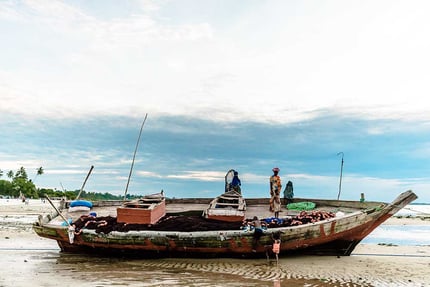 On her way home from school that day, a boy a few years older than her struck up a conversation while they waited for the bus. He told her about a job opening doing domestic work for a family he knew. She seemed like the perfect candidate, he said—and they paid good money.
On her way home from school that day, a boy a few years older than her struck up a conversation while they waited for the bus. He told her about a job opening doing domestic work for a family he knew. She seemed like the perfect candidate, he said—and they paid good money.
Many of her friends at school were already dropping out to get married or start working. She didn’t want to be the last one of her friends to follow suit. Besides, the house needed repairs, her little brother had outgrown his shoes again, and she wanted her own money to buy new clothes.
She didn’t tell her parents; she wanted it to be a surprise when they received her first paycheck in the mail.
United States
Fourteen-year-old Emily* put her plate from dinner on the kitchen counter for her mom to put in the dishwasher. The TV was blaring the evening news—some girl had disappeared. Her dad watched intently, sipping a glass of wine. “You know not to talk to strangers, right?”
“Yes, Dad.” She rolled her eyes. When was she supposed to be meeting all these strangers anyway? Her mom picked her up after school every day.
She grabbed a few Oreos from the pantry and ran upstairs to her room. She had homework to do for school but wanted to catch up on Snapchat first.
Tanzania
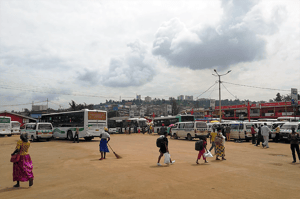 Aziza boarded a bus toward her new job the next day instead of going home after school. Her parents didn’t know that she was leaving, but she planned to call as soon as she arrived.
Aziza boarded a bus toward her new job the next day instead of going home after school. Her parents didn’t know that she was leaving, but she planned to call as soon as she arrived.
It was a six-hour drive, and the bus wasn’t air conditioned; but the breeze coming in the windows was wonderful. She was preoccupied with the landscape and too excited to worry about the sweat dripping down her back.
United States
Emily boarded a plane with her parents and younger brother and claimed the seat by the window. She was excited to see the plane offered plenty of movies for in-flight entertainment.
The family had a brief layover where they ate lunch and then continued on to Florida for their annual beach vacation. After six hours of traveling, she was excited to sit in the hot tub at their hotel.
Tanzania
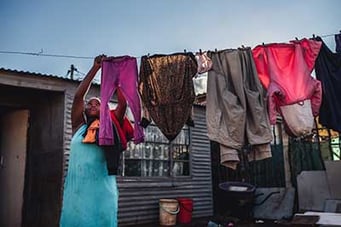 A year passed by, and although Aziza worked hard cooking and cleaning for her employers, she never received any payment for her work. When she asked about the salary, her employer threw her hands up in exasperation, pointed out all the flaws in Aziza’s work, and refused to pay.
A year passed by, and although Aziza worked hard cooking and cleaning for her employers, she never received any payment for her work. When she asked about the salary, her employer threw her hands up in exasperation, pointed out all the flaws in Aziza’s work, and refused to pay.
So Aziza continued working, still hoping her employer would pay up if she did a good job. She wasn’t allowed to use the phone, so her parents didn’t know what had happened to her. Her body ached day to day from the strain of the work. She thought about running away.
United States
A year passed by, and Emily completed the eighth grade and started ninth. Her primary concerns were the boy she had a crush on and the drama in her social circle.
During this year, her grades fell in math, and she began studying with a tutor. She had a fallout with a friend before making up again. She fought regularly with her parents about the amount of screen time they allowed her, and she thought about running away.
Tanzania
Aziza ran away. In the crisp early morning before her employers awoke, she quietly gathered her meager belongings and made her way to the bus stop a few miles down the road. She hoped she could sneak on a bus without being noticed, since she had no money.
United States
Emily ran away. After another fight with her mom about screen time, she shoved her iPad in a backpack along with the birthday money she’d been saving and rode her bike to the nearest bus station, telling her parents she was going to her friend Jenna’s house. She turned off her location on her phone just in case her mom checked.
Tanzania
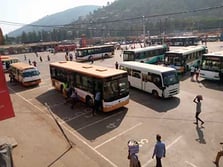 At the bus station, Aziza watched for an opportunity to sneak on a bus when no one was looking. She had no idea which bus might get her home but only knew she needed to get away from this place. While she stood there watching, a young woman approached. “Hello, where are you headed this morning?” she asked kindly.
At the bus station, Aziza watched for an opportunity to sneak on a bus when no one was looking. She had no idea which bus might get her home but only knew she needed to get away from this place. While she stood there watching, a young woman approached. “Hello, where are you headed this morning?” she asked kindly.
“I’m trying to—” Aziza faltered, tears building. “I want to go home.”
United States
At the bus station, a man reeking of urine stood a little too close to Emily and yelled something nonsensical at an invisible enemy. A clean-cut man in a blue suit started talking to her. “Hey, you want a ride? The bus can be a scary place for pretty girls like you. I’ve got a car just over there and some time to kill before my next meeting, happy to give you a lift.”
Emily knew better than to get in a car with a stranger. Suddenly the comfort of home with her family seemed a lot better than being on her own, even if she had to put up with her parents’ rules. She said, “No, thank you” to the man and got back on her bike. She wanted to go home.
Tanzania
Aziza sat down with the kind woman at the bus station and accepted a bottle of water. With some reassurance from the woman, Aziza shared all the disappointment of the past year and how she had escaped that morning. The woman listened, nodding sympathetically.
at%20Mwembe%20Tayari%20bus%20Station%20Monitoring%20%20(2).png?width=400&height=312&name=Somoe%20(Monitor)at%20Mwembe%20Tayari%20bus%20Station%20Monitoring%20%20(2).png) “Sometimes people trick kids like you into accepting a wonderful job, and then you get there and it’s not so wonderful after all; but it’s too late to change your mind. Is that what happened to you?” the woman asked.
“Sometimes people trick kids like you into accepting a wonderful job, and then you get there and it’s not so wonderful after all; but it’s too late to change your mind. Is that what happened to you?” the woman asked.
Aziza nodded.
“I thought so,” said the woman. “We call that ‘human trafficking.’”
The woman introduced Aziza to a social welfare officer who helped locate her family and deliver her home safely.
Aziza returned home to joyful shouts and hugs all around from her family, who had been deeply worried about her since she disappeared a year ago.
But it would take time to recover. Everything felt different.
United States
Emily returned home and parked her bike in the garage. She hadn’t been gone long enough for anyone to worry, but still her mother paused from cooking dinner when she walked in. “Are you all right, sweetie? I thought you were sleeping over at Jenna’s.”
“Everything's fine, Mom. I’m just tired and want to be home,” Emily responded.
“Ok. Let me know if you need anything. You know I love you.”
“I know.”
Emily grabbed a fruit snack from the pantry and plopped down next to her brother on the couch to watch a movie.
Life continued on as normal.
*
This story is not to say that trafficking doesn’t happen in the United States. It most certainly does.
This story is rather to point out the differences in vulnerability. Emily had access to everything she needed, from food and housing to education and rest. She was free to be a normal teenager, going to school and learning to navigate relationships. When a stranger made an offer of security, she knew she had more security at home and was not enticed to accept it.
By contrast, Aziza did not have access to everything she needed. Her family struggled to make ends meet, and when a stranger offered her an opportunity to work and support her family, the offer was too appealing to pass up.
While anyone can fall prey to human trafficking, the reality is that a person in poverty is much more vulnerable to being trafficked than someone who has all their needs met.
A 14-year-old girl on the other side of the world is not so different from the 14-year-olds in your own family or neighborhood.
It could have been your daughter, but—most likely—it wasn’t.
Not every parent is capable of providing a safe environment for their kids to grow up in, but everyone can contribute to ensuring vulnerable children have their childhood protected.
Join Project Beautiful for $29 a month and keep one more child like Aziza free from slavery. Want to learn more about how your gift impacts the fight to end human trafficking? Visit here.
*All data and statistics current at the date and time of publishing. Names changed, and some specific locations excluded for privacy and security purposes.
-1.png?width=500&height=500&name=LJI_MAINLOGO_WhiteBackground%20(1)-1.png)
/compare_contrast_tanzania.webp)
/mike-von-F4nn2XdyuiI-unsplash.webp)

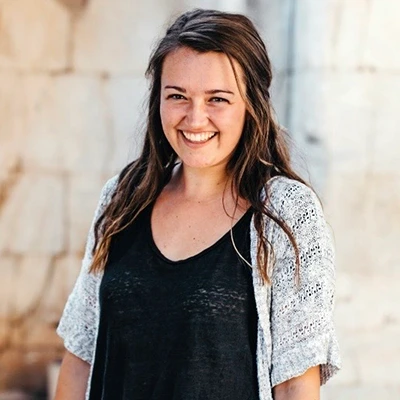
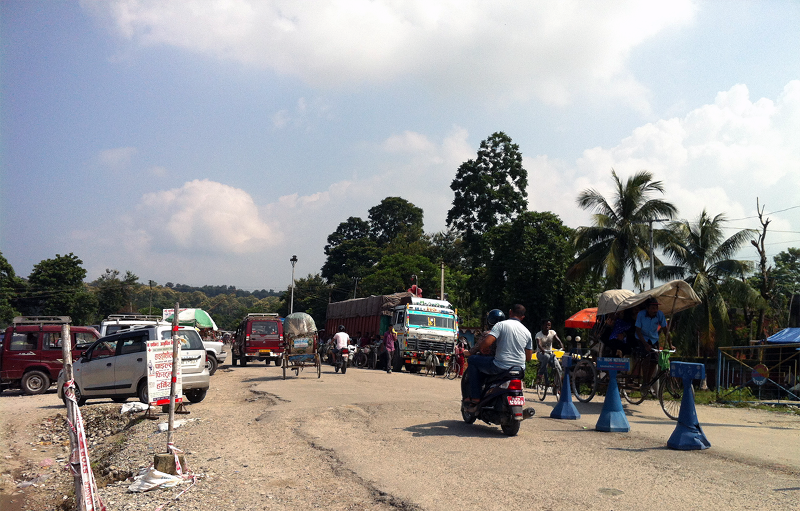
/bimala_feature_blog.webp)

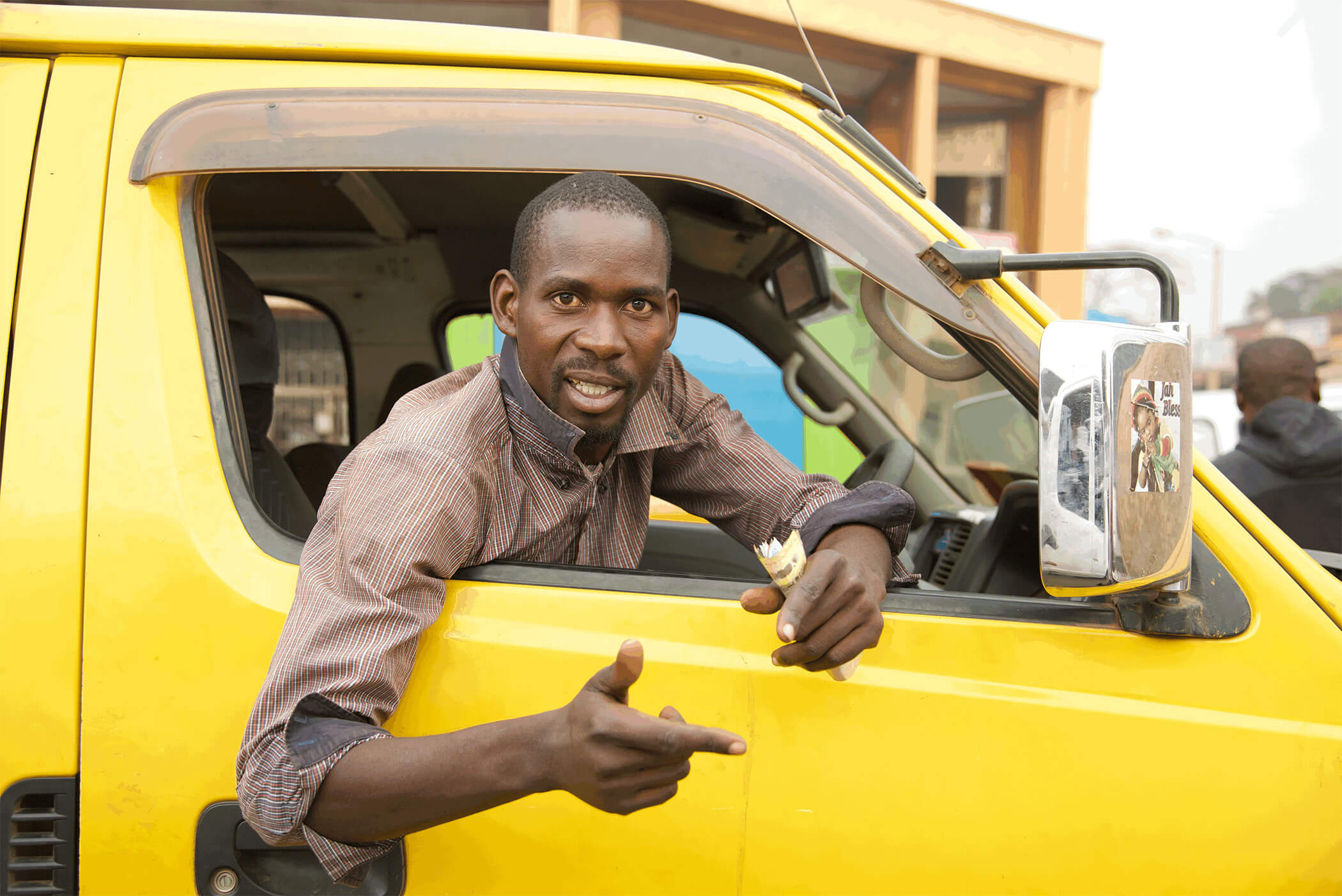
/boy_girl_asia_streets.webp)

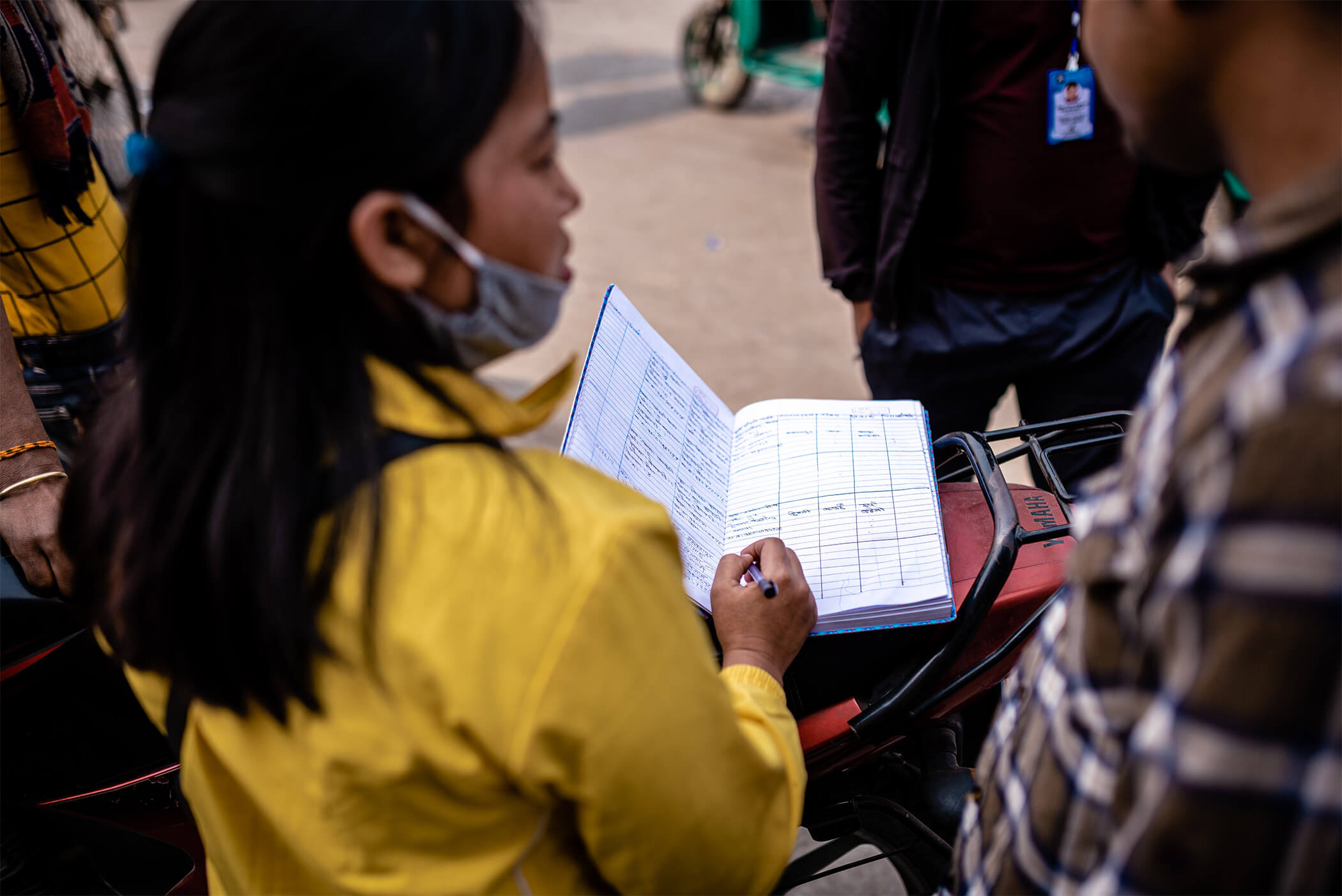
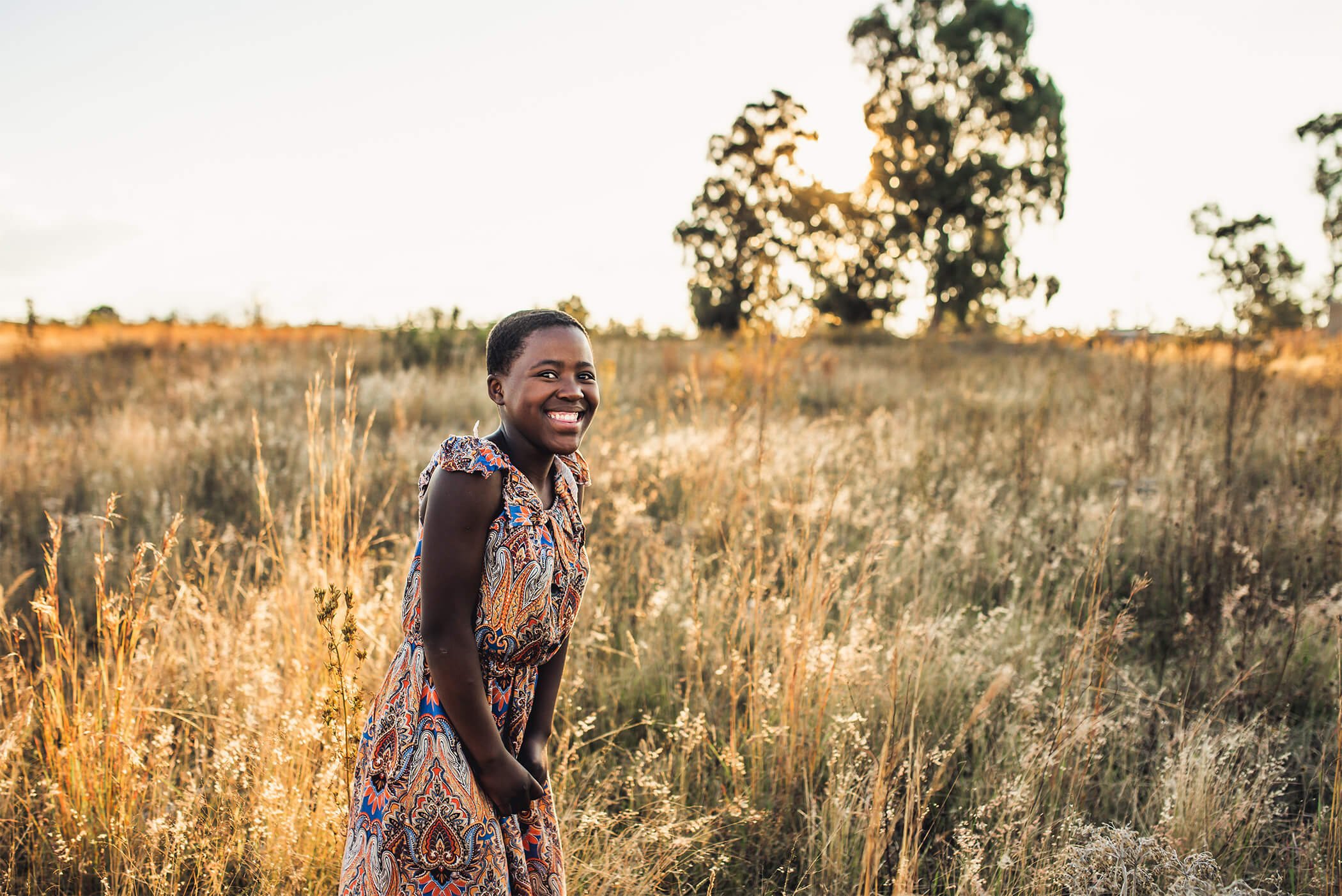
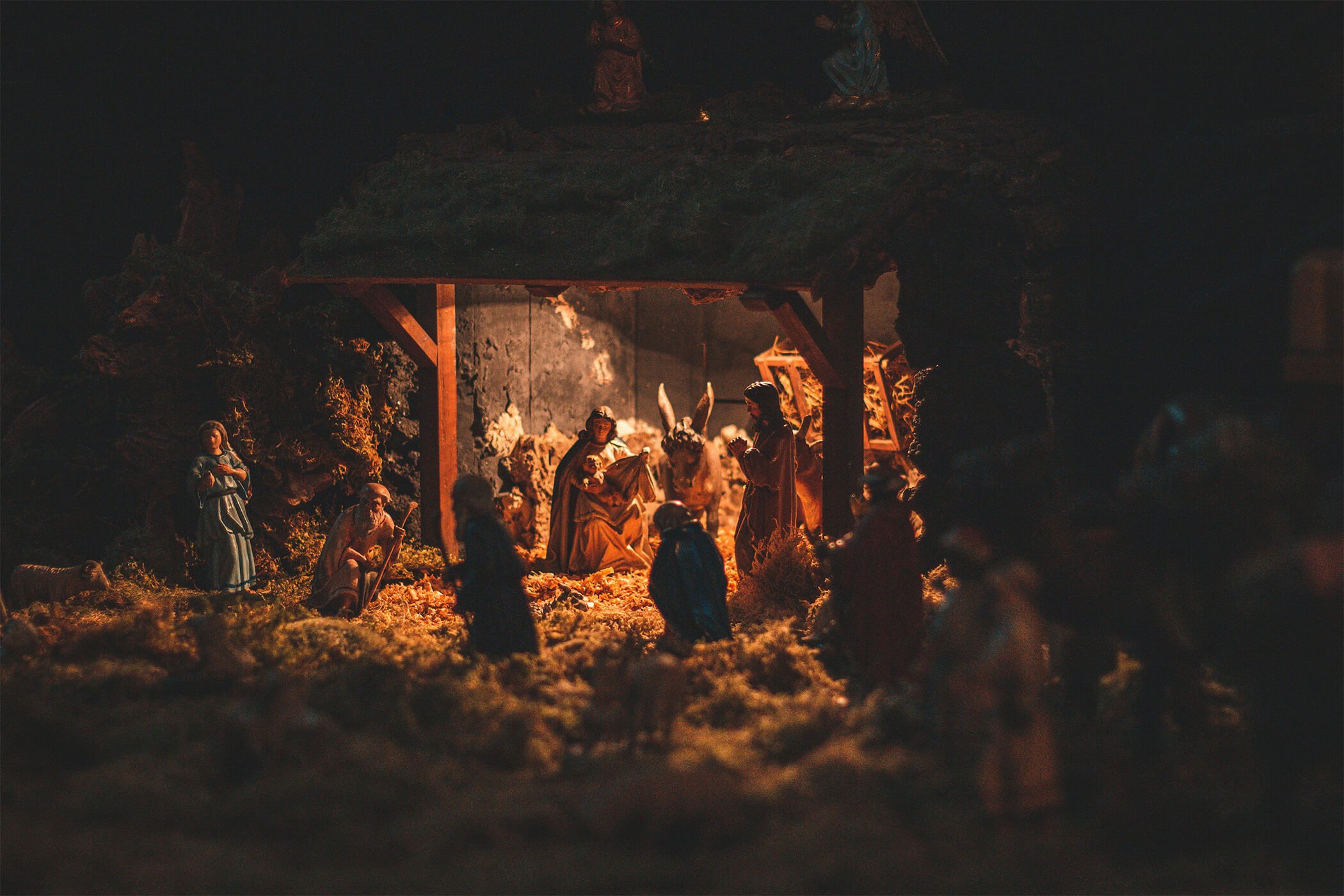
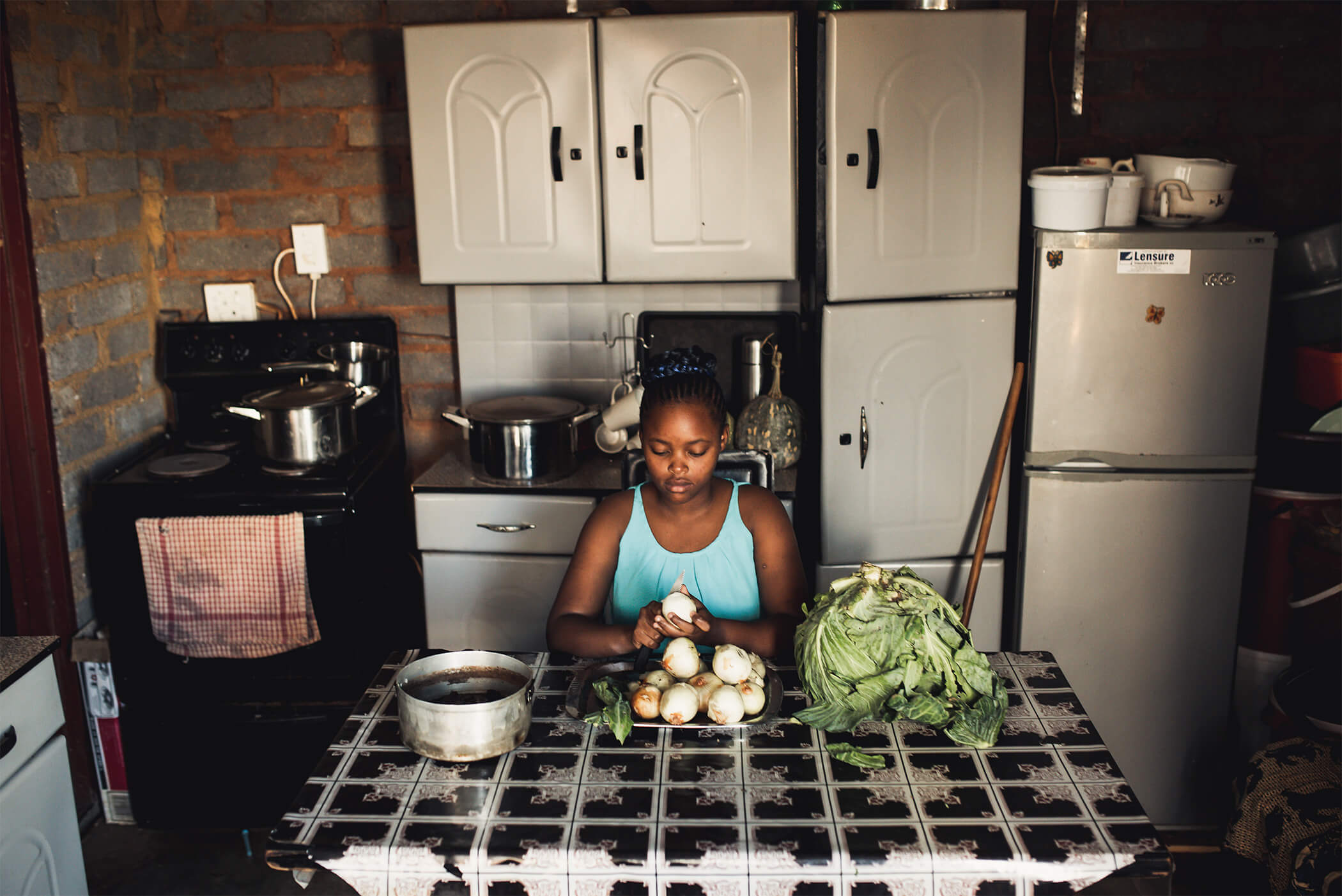

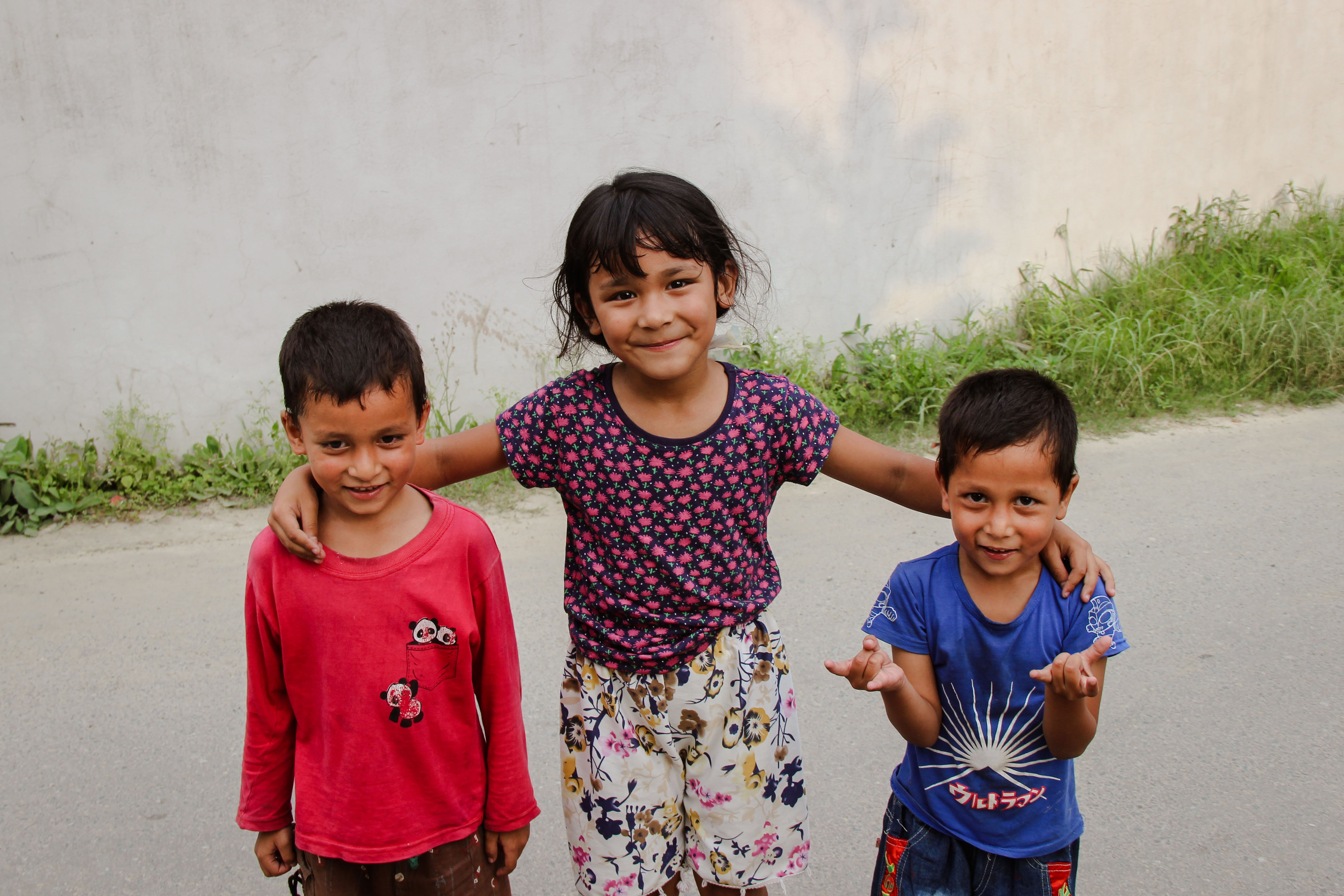
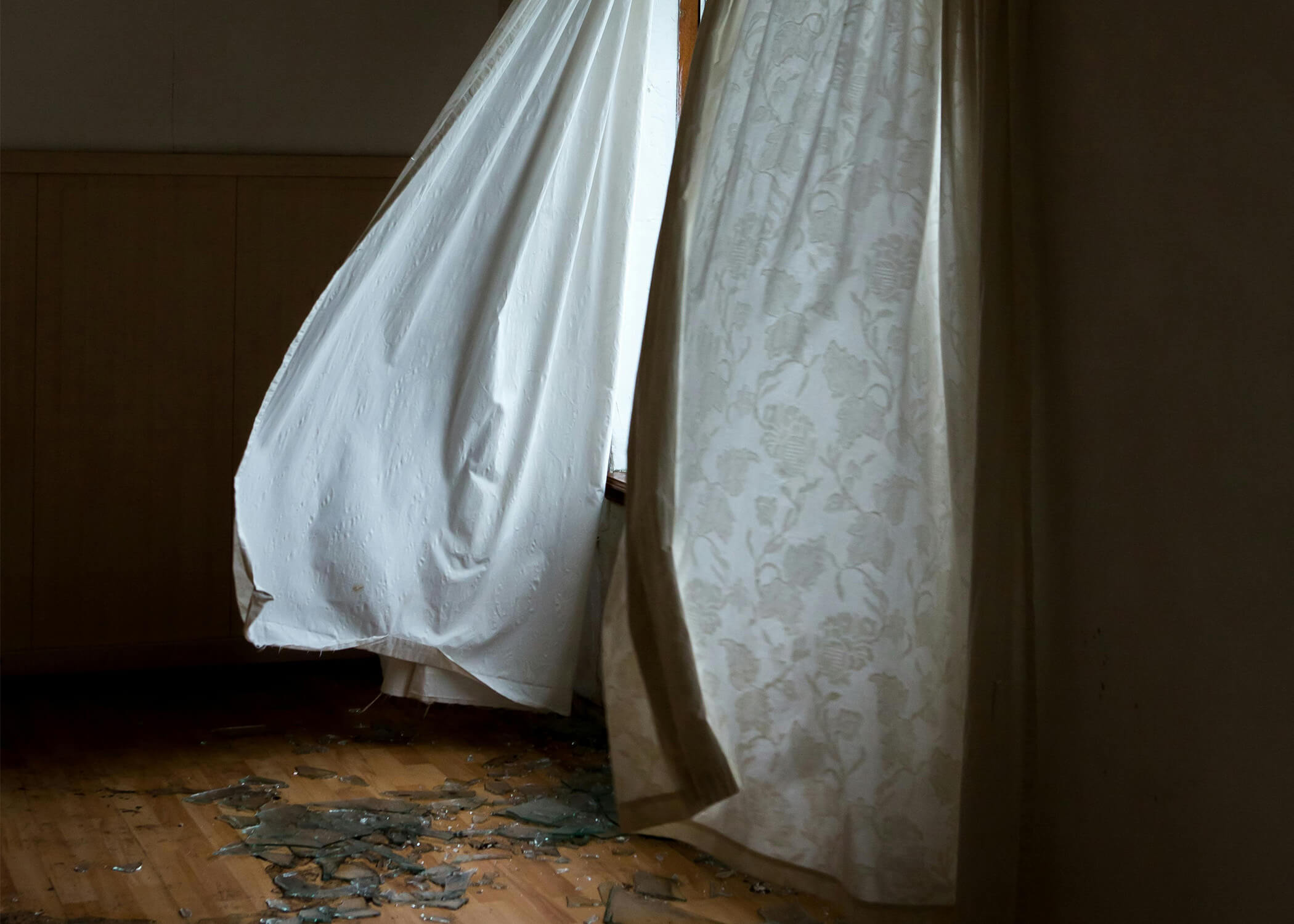
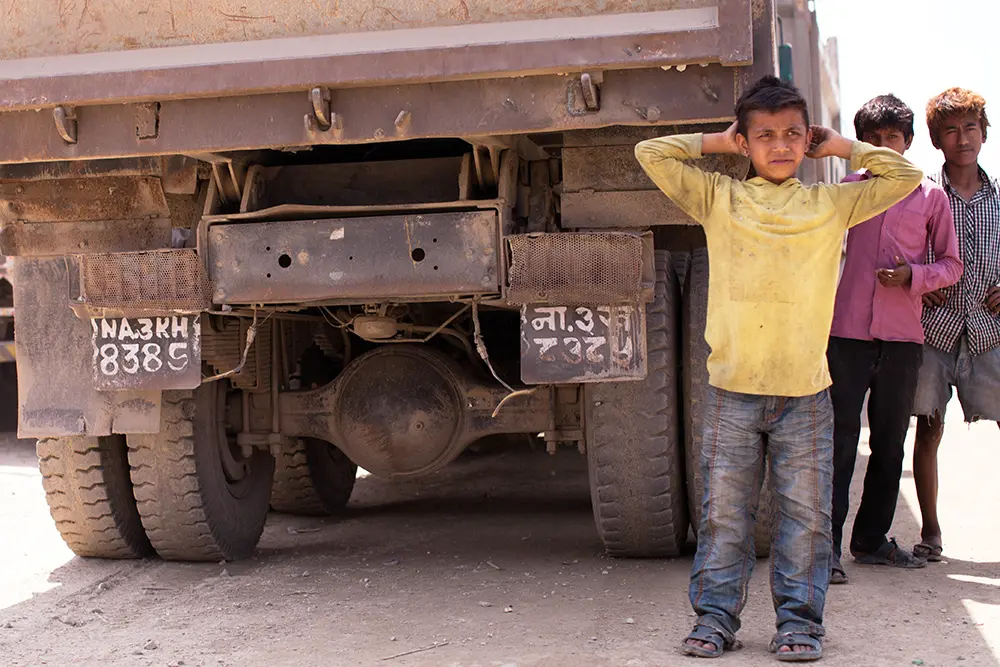
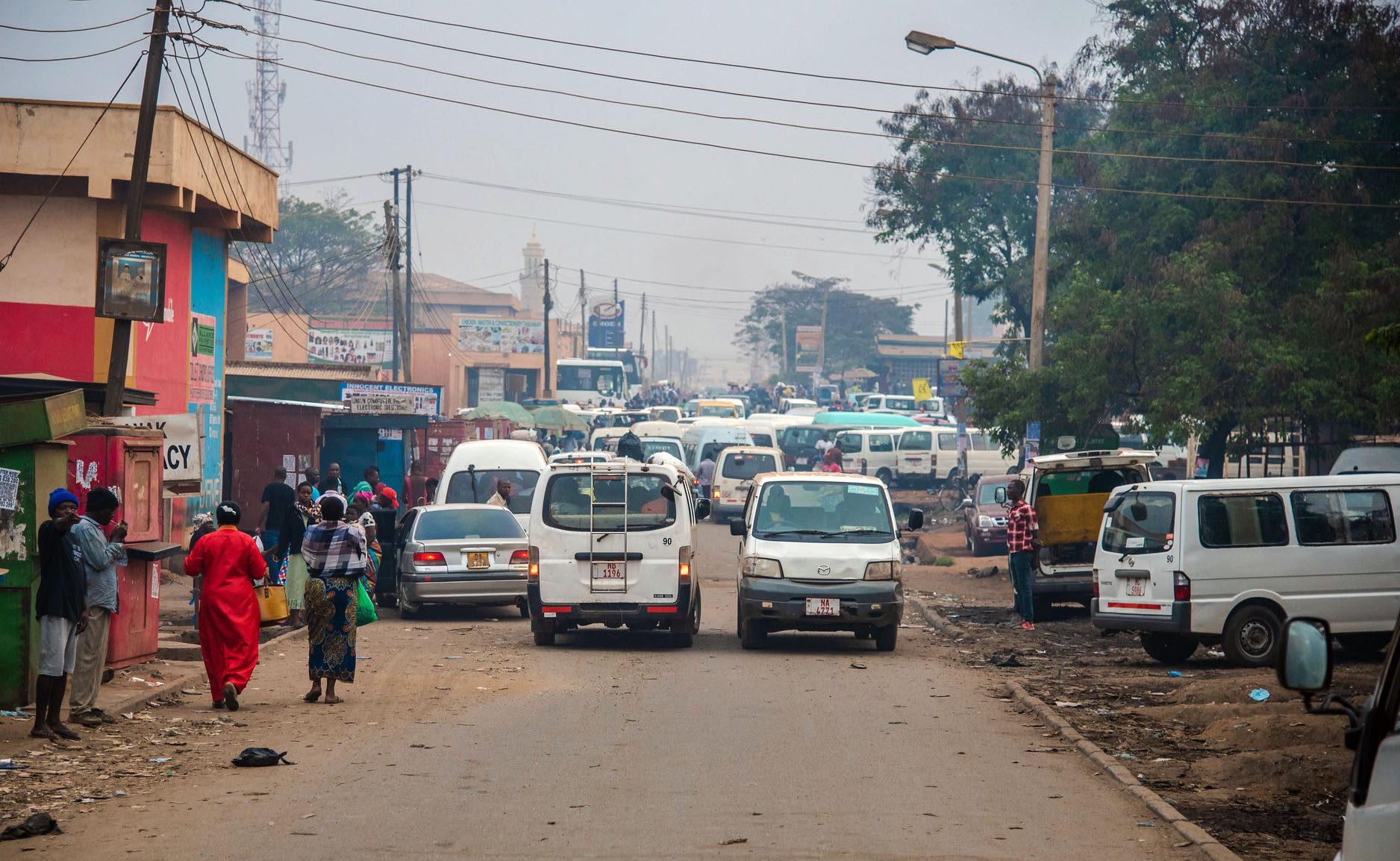
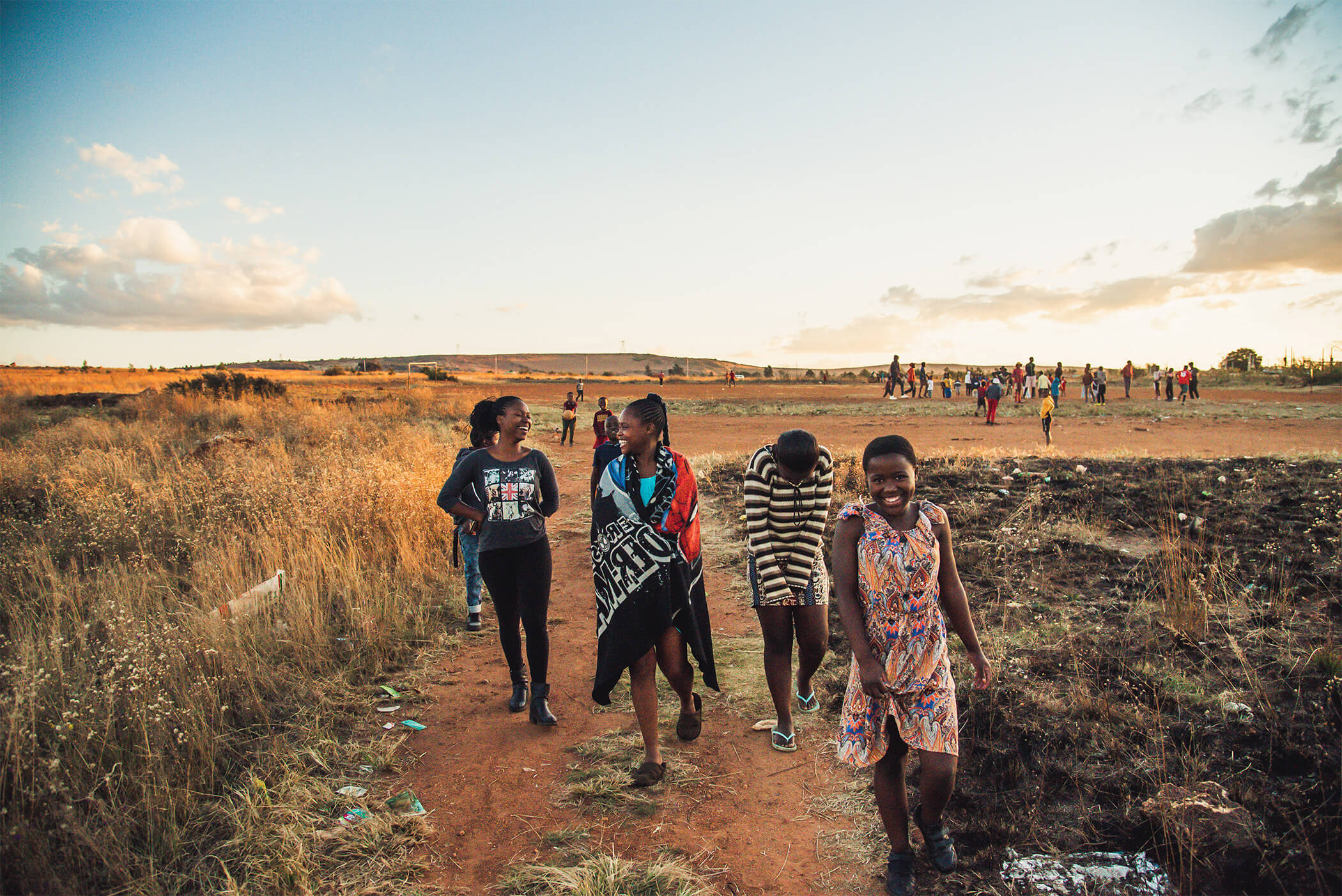
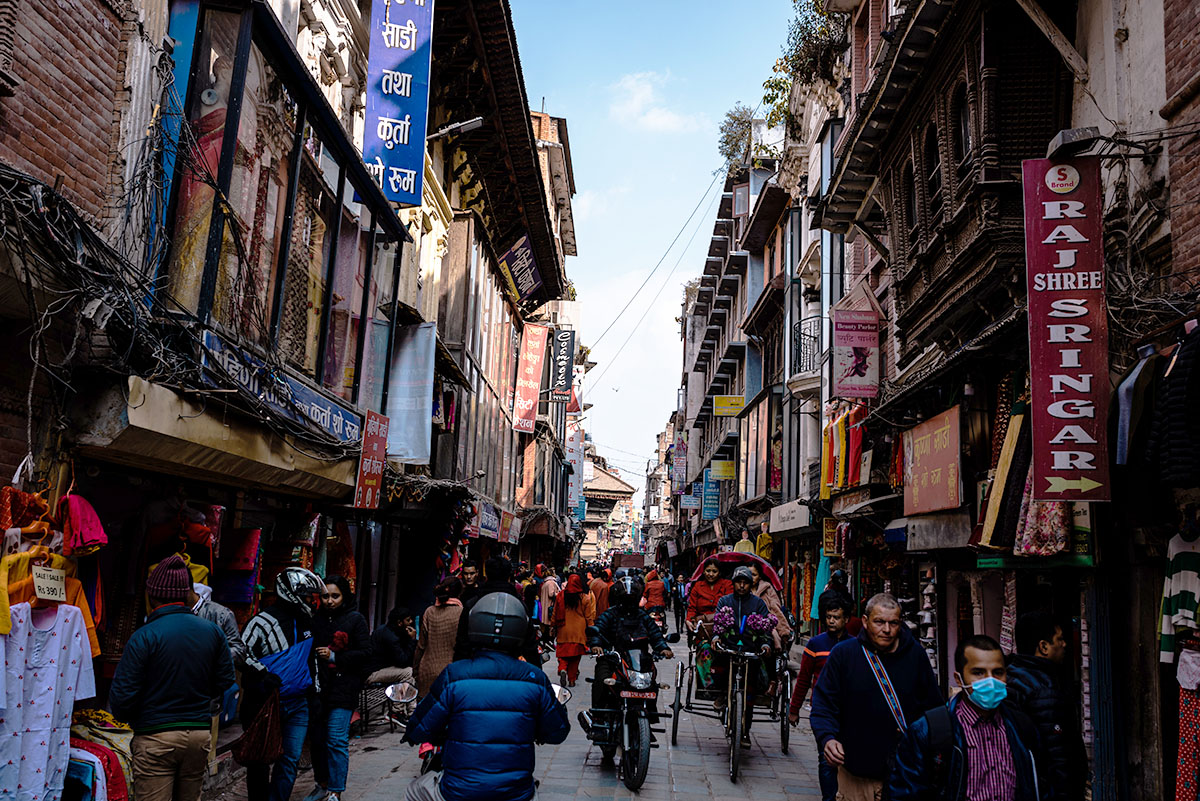
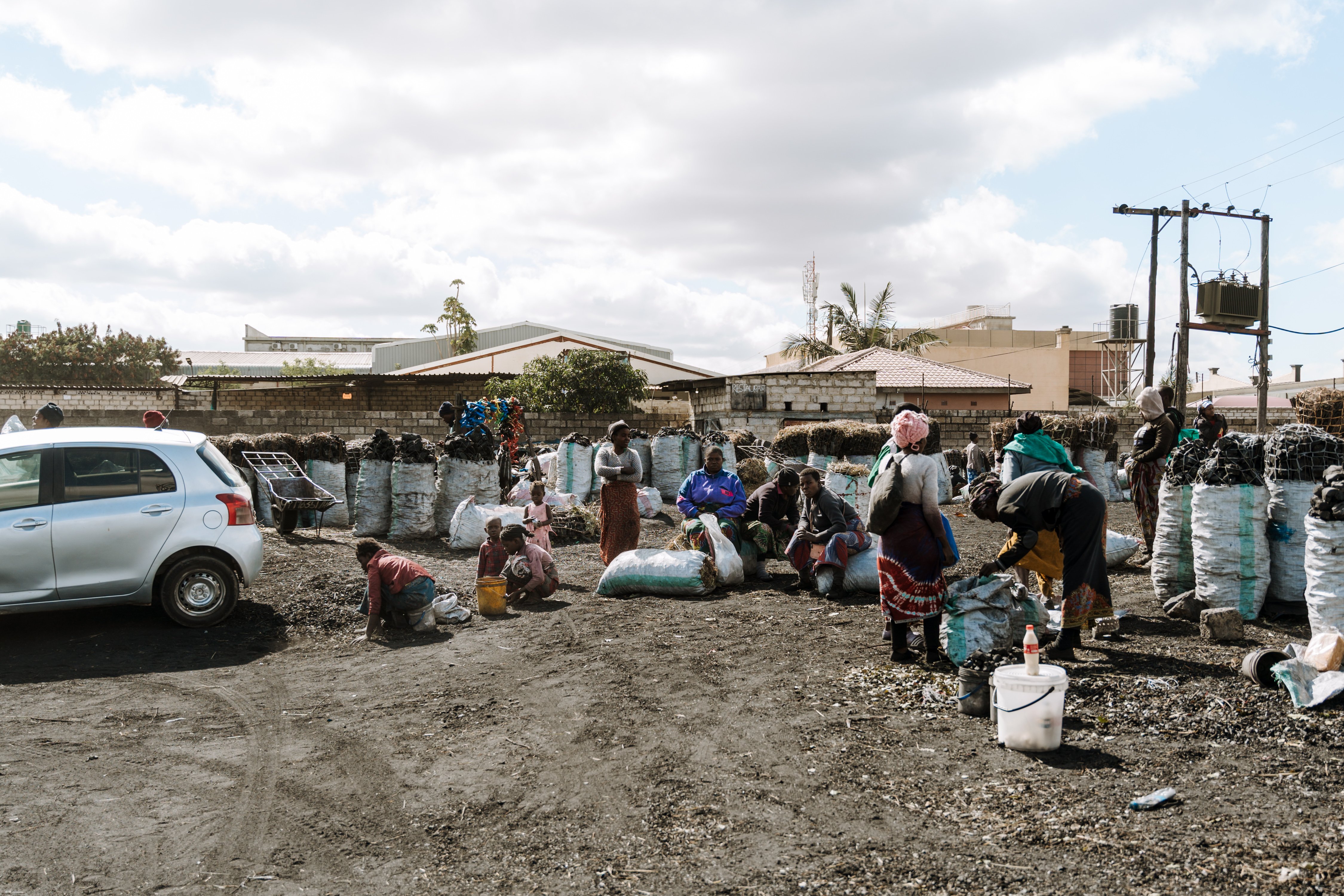
/stop_human_trafficking_asia_love_justice_scooter.webp)
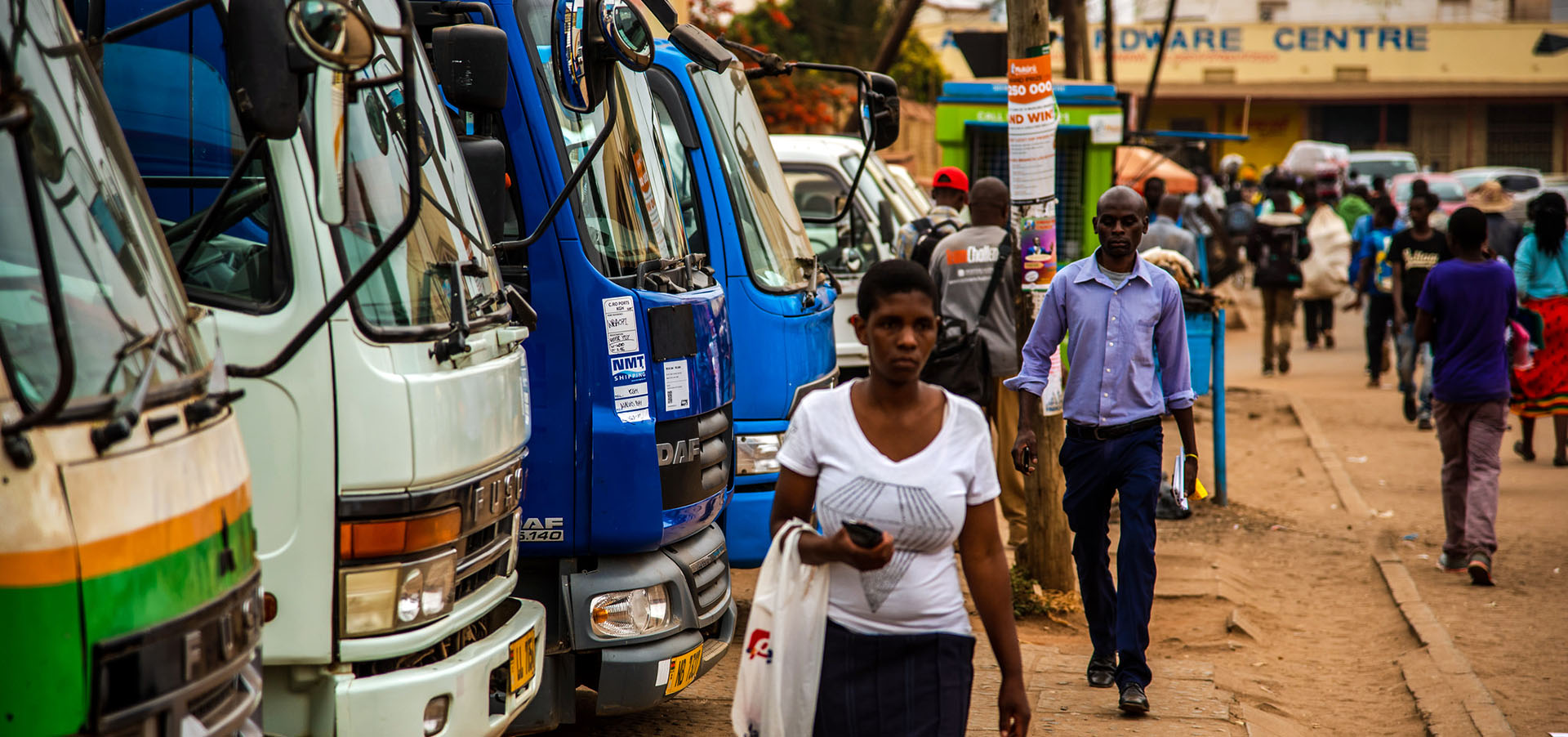
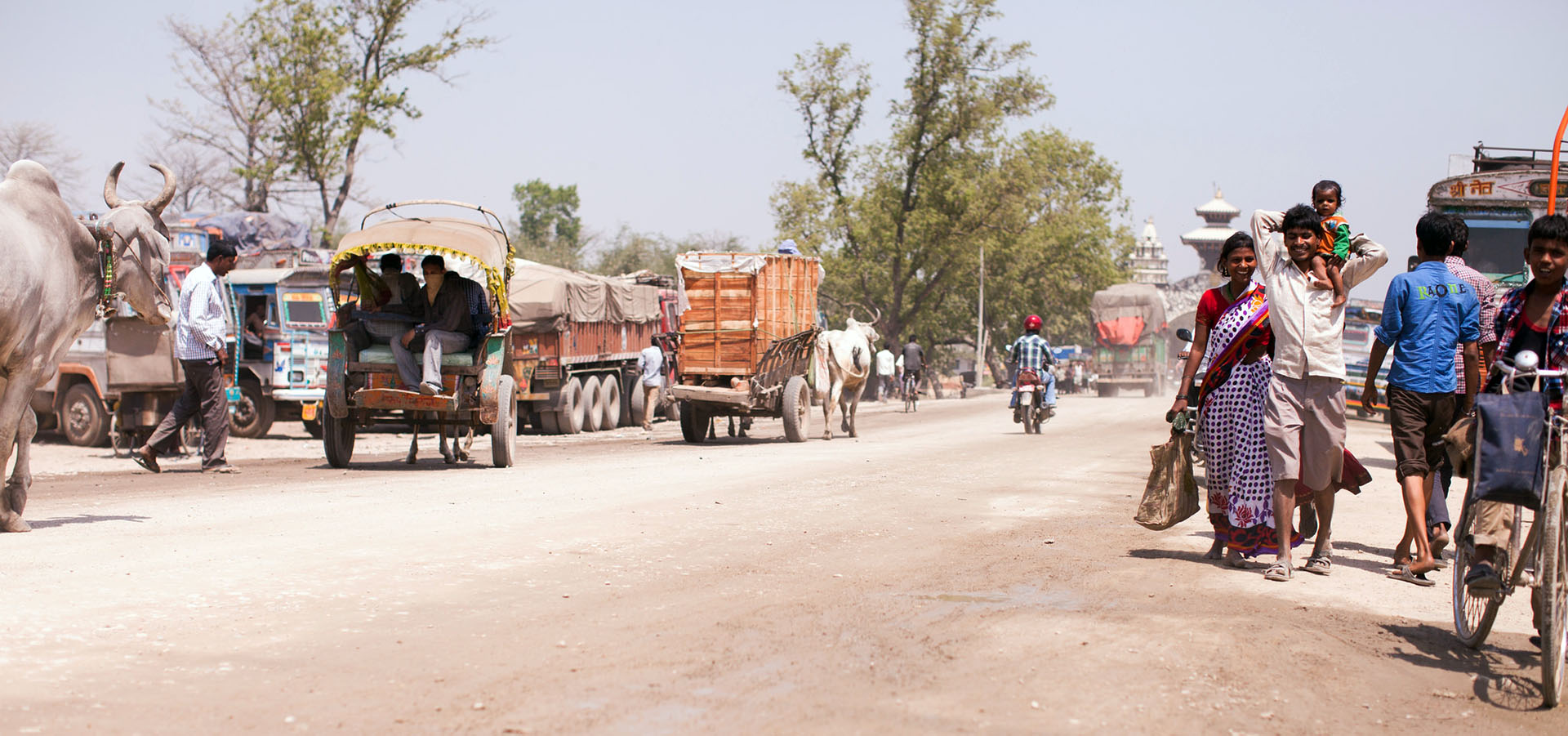
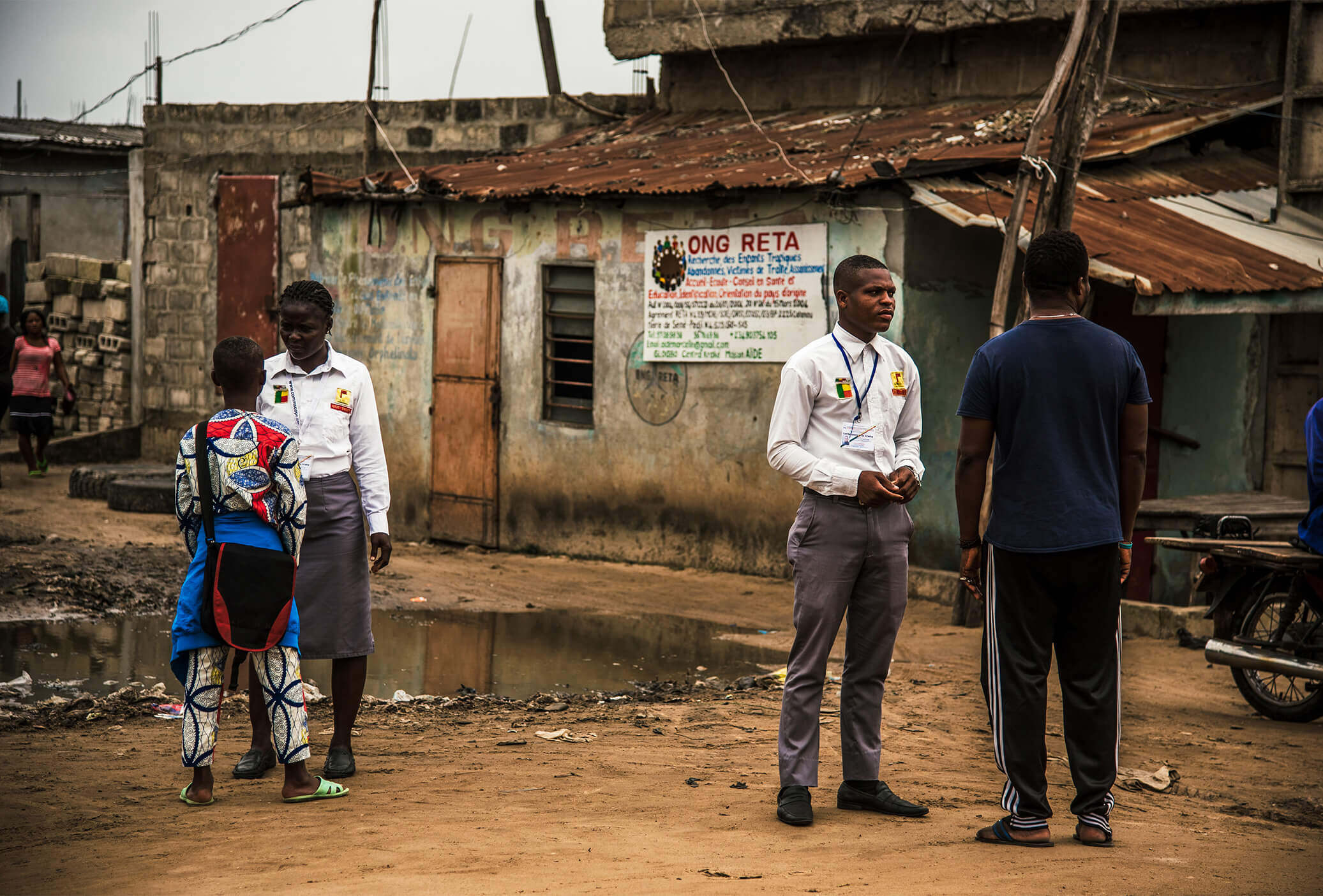




Post a comment